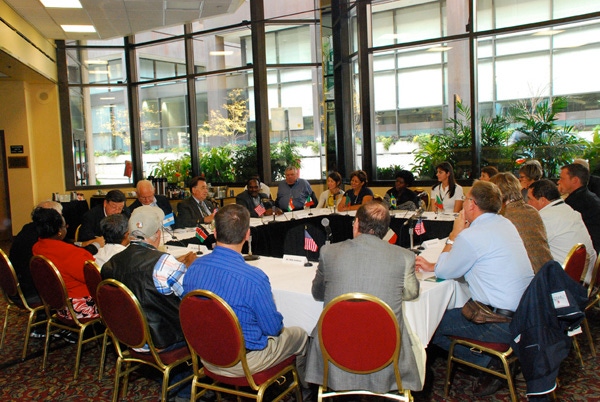
Recently, I was with a group of young farmers in an educational session on business management. During our question and answer segment, one producer asked me, “What are the most detrimental mistakes farmers make in their businesses, for themselves, or in the industry?” This question struck me as poignant; especially in today’s economic environment. Well, the group dove into this challenging question, touching on the several good points.
First and foremost, one of the most detrimental mistakes in today’s environment is the lack of planning, execution and monitoring. Many producers lose focus on what is important because of the noise from that which is urgent. The sick cow, the disgruntled family member or employee (perhaps both), or the equipment breakdown are all inevitable. Unfortunately, these types of distractions encourage procrastination towards important tasks. Today’s producers must make time, without distraction, for planning and strategizing. With the cell phone on silent and the computer off, one can critically think through each step. Additionally, one must devote the same type of uninterrupted time to monitoring monthly or quarterly results based on the developed plan. This is the type of focus that leads to success. As an aside, from the macro perspective, today’s political and economic drama nationally as well as internationally can also be a significant distraction for producers and lenders.
Another detrimental mistake is skipping the chance to learn. Educational events and continued learning are the next keys to success.Those producers that say they are too busy, or think they already know all they need to know, are making a detrimental mistake for the business, but more importantly, for themselves. There is a saying that I heard recently, “If you’re not learning, your neighbor is!”
Next, one of the most costly and damaging mistakes can be putting off transitional planning, as well as actual transition of the business. The longer one waits to complete the process, the fewer options there are. For example, the death or disability of family member or employee can result in emotional decision making and less than ideal outcomes. Additionally, in this situation, it is likely that the next generation is ill prepared to take over the operation. This creates stress inside the business, family and individuals. Of course, this situation can be rectified with time and hard work, but it could also lead to business failure.
Lastly, a detriment to the industry is the attitude of “us versus them.” For the nonfarm public, perceptions often become their reality regarding agriculture. So, when it comes to an environmental organization or animal welfare groups, it is important to keep an open mind. Be a good listener. Many times, a fact-based, logical response is the best way to start bridging the widening gap between the agriculture industry and the general public.
Undoubtedly, other mistakes could be added to the list, but these missteps are among the top tier. However, regardless of which mistake may be the worst, perspective is a critical factor for success. Demonstrated by his question, this young producer was interested not only in his own business, but in the long term sustainability of the industry. Further, he already recognizes the immense value in personal maintenance of health and well-being. This perspective is shared by many in the younger generation, and will naturally avoid many detrimental mistakes as it welcomes and embraces change. Indeed, the future of agriculture has many bright spots!
About the Author(s)
You May Also Like






